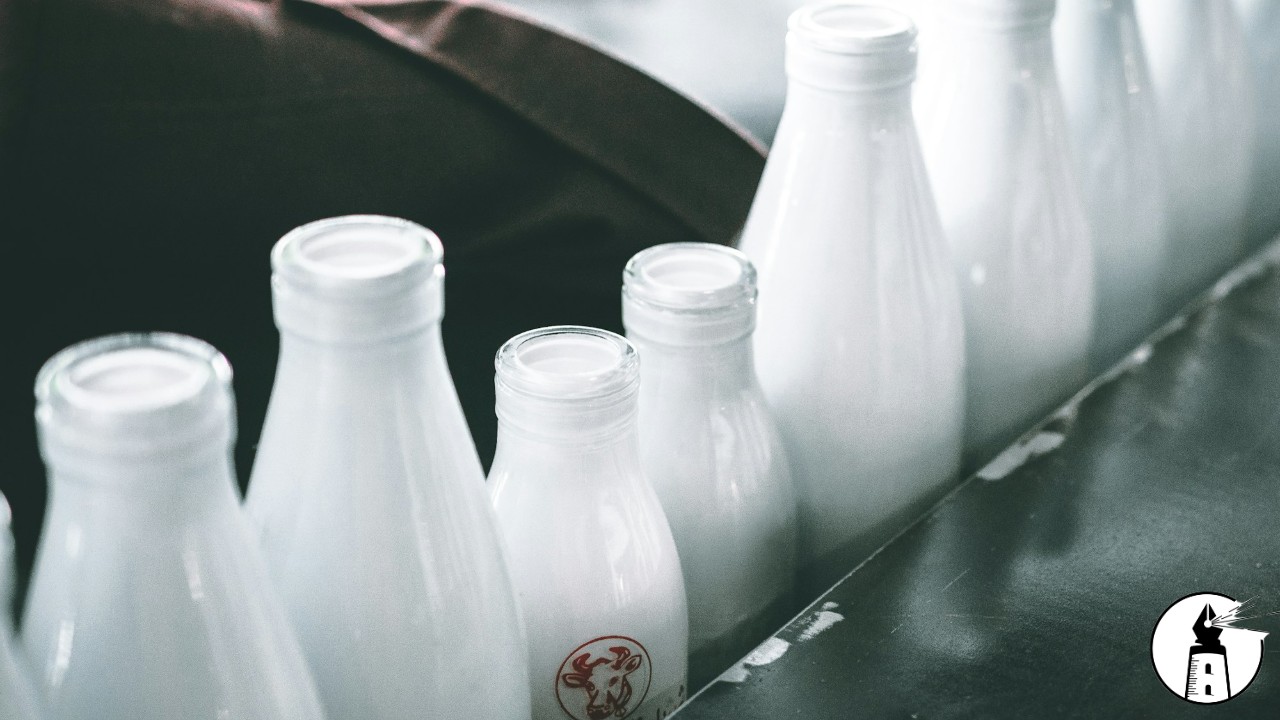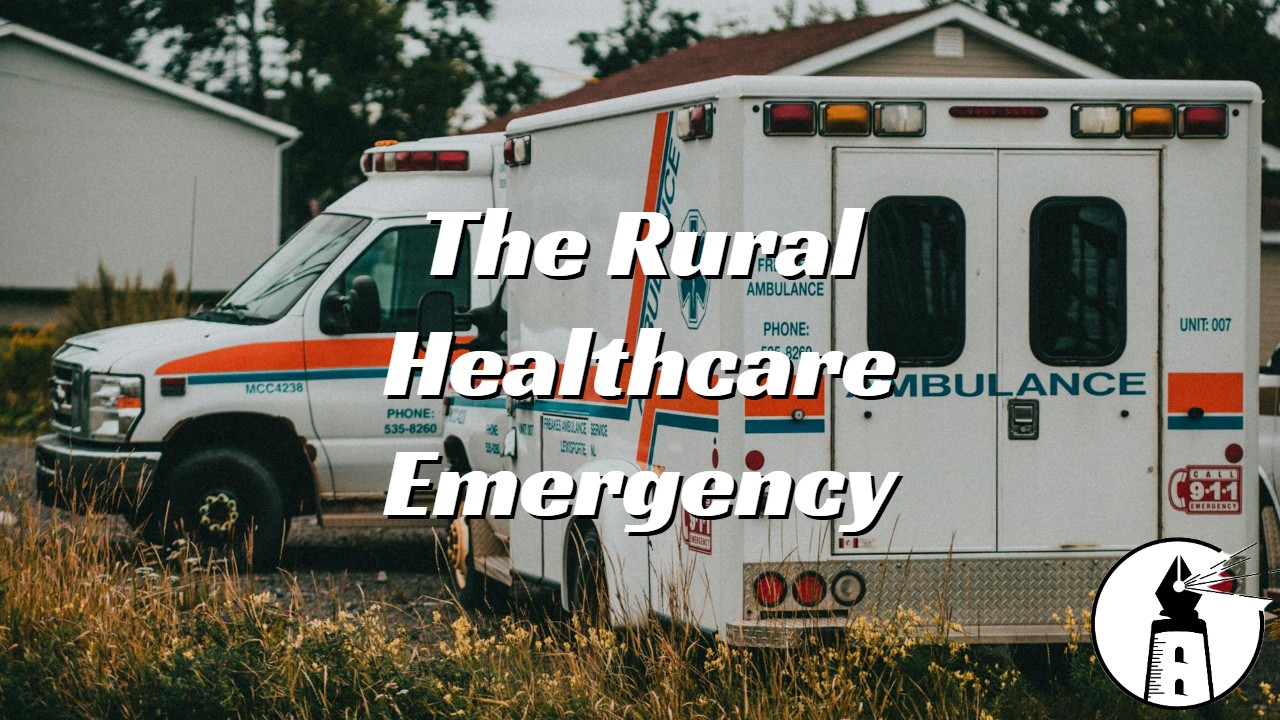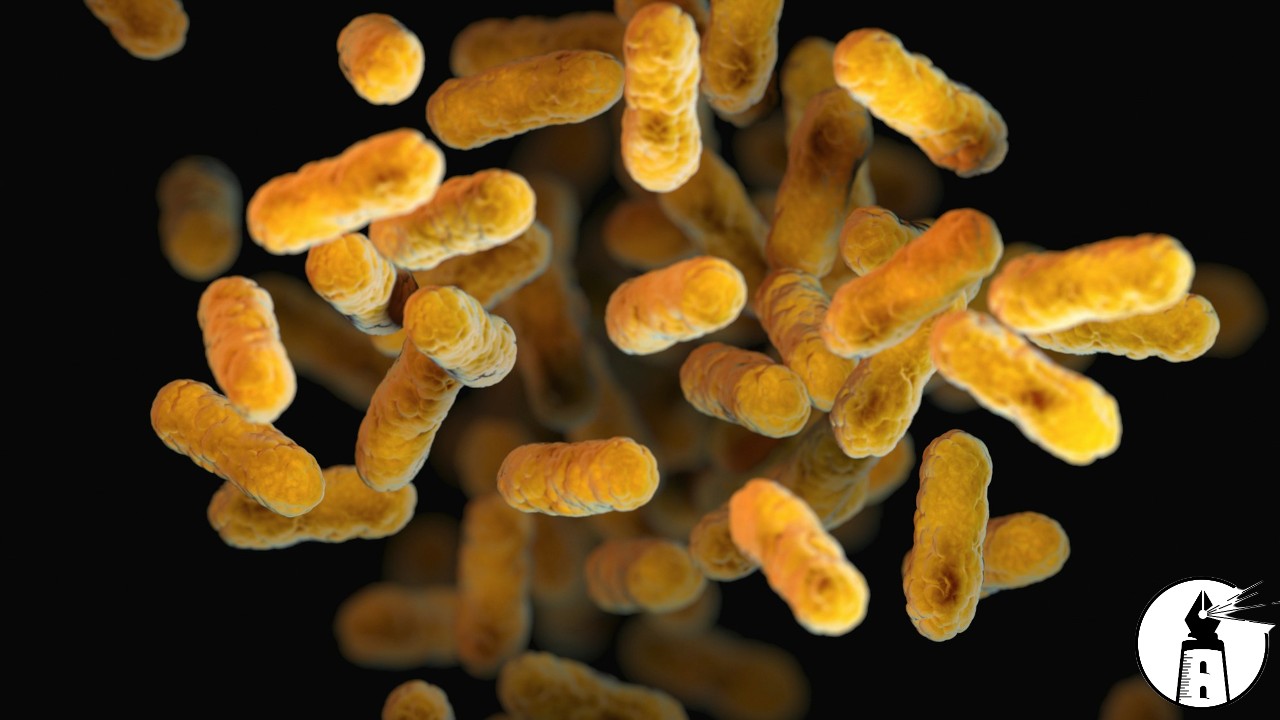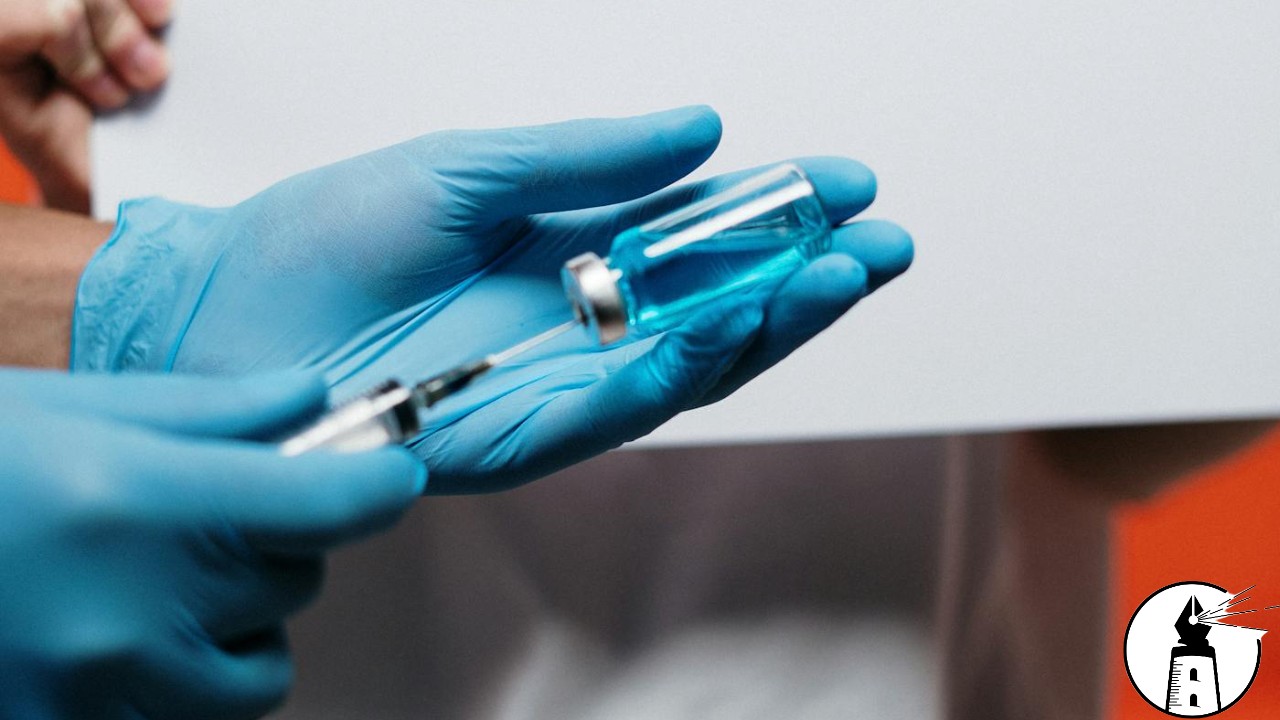The recent detection of H5N1 bird flu in a batch of raw milk sold in California has reignited concerns about the safety of unpasteurized dairy products. The contaminated batch, produced by Fresno-based Raw Farm LLC, prompted a recall and warnings from public health officials. The incident underscores the persistent risks associated with raw milk and raises troubling questions about the future of public health policy under incoming leadership.
Raw milk, while often marketed as a healthier alternative to pasteurized dairy, carries significant health risks. Unpasteurized milk is not subjected to heat treatments that kill harmful bacteria and pathogens, leaving consumers vulnerable to serious illnesses. Outbreaks linked to raw milk have been consistently documented, involving pathogens like E. coli, salmonella, and listeria. These bacteria can cause severe symptoms, long-term health complications, and, in some cases, fatalities. The dangers are particularly pronounced for vulnerable populations, including children, the elderly, and those with weakened immune systems.
The recent recall is a stark reminder of the unpredictability of raw milk contamination. The detection of H5N1 bird flu, a virus typically associated with poultry, adds another layer of concern. While the virus has not yet been shown to transmit easily between humans, exposure to new strains of influenza through raw milk could create opportunities for mutations with potentially serious public health implications. The stakes are especially high given the uptick in bird flu cases nationwide, which includes the first reported human infection in the United States this year.
Against this backdrop, the incoming head of the Department of Health and Human Services, Robert F. Kennedy Jr., has emerged as a vocal proponent of raw milk. His endorsement of the product, along with promises to challenge federal oversight of unpasteurized dairy, signals a potential shift in the federal approach to food safety. Such a position is deeply concerning, given the body of scientific evidence that underscores the dangers of raw milk consumption. Advocating for the widespread availability of raw milk ignores the well-documented risks and places consumers, especially the most vulnerable, in harm’s way.
The consequences of undermining public health measures are not theoretical—they are painfully real. Stories of families devastated by foodborne illnesses serve as sobering reminders of what is at stake. The decision to consume raw milk, often made in pursuit of perceived health benefits, can result in life-altering consequences. Public health agencies have worked tirelessly to establish safeguards like pasteurization, which has been proven to eliminate the vast majority of pathogens in milk without compromising its nutritional value. Weakening these protections in favor of deregulation is not only scientifically unsound but also a dangerous gamble with public health.
As the nation prepares for a new administration, the implications of these policy shifts demand scrutiny. Leadership decisions in public health must be informed by evidence, not ideology. Prioritizing the availability of unpasteurized dairy over established safety protocols would jeopardize decades of progress in food safety and risk the health of countless individuals. The focus should remain on promoting safe and reliable practices, ensuring that foodborne illnesses are minimized, and safeguarding the public from preventable harm.
The ongoing debate over raw milk highlights the broader tension between individual choice and public health responsibility. While personal freedom is a cornerstone of democratic society, it must be balanced against the collective need to protect lives and prevent avoidable suffering. As new policies are shaped, it is critical to center science, prioritize public health, and remain vigilant against decisions that could endanger the well-being of the nation.
—By Greg Collier



